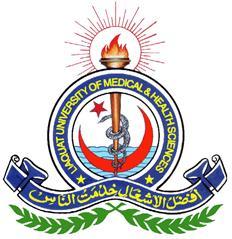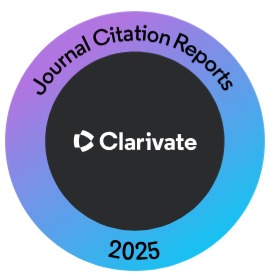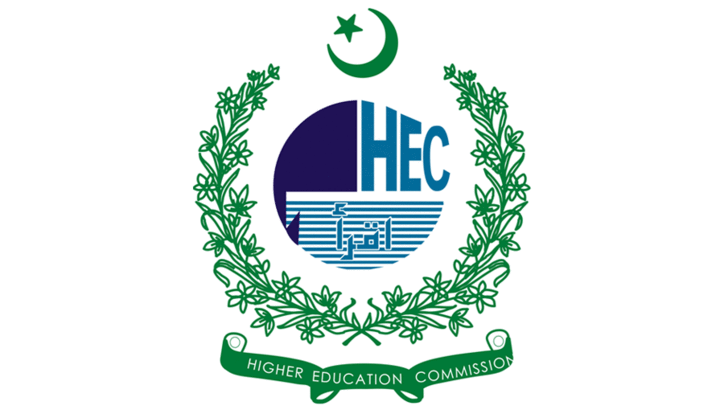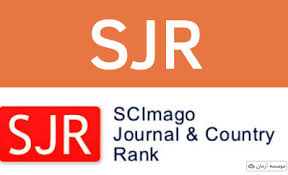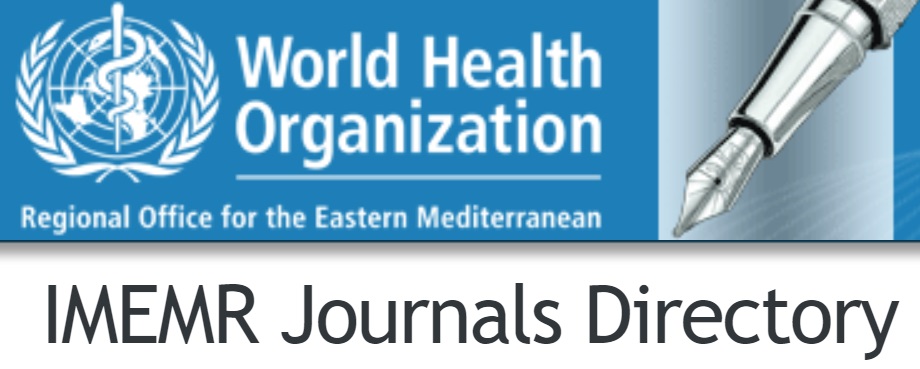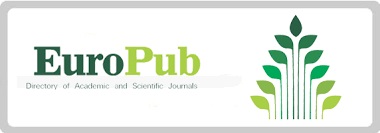Perception of Parents Regarding Ponseti Technique for Treatment of Club Foot
Keywords:
Club foot, Ponseti, Perspective, Tenotomy, Casting.Abstract
OBJECTIVE: To analyze the impact of Ponseti technique on parents of children with club foot.
METHODOLOGY: It was a descriptive cross-sectional study, conducted at Dow University of hospital
and Civil Hospital Karachi from August-October 2017. After taking informed consent, the parents of the
children who had a club foot deformity, treated in our club foot clinic were included in the study.
Research team members, filled the questionnaires. Sampling technique was non-probability type. SPSS
version 16 was used for statistical analysis.
RESULTS: Out of 292 respondents, 152(51.2%) were only fathers working, 41(13.8%) only mother
working and 99(33.3%) are both working. 124(41.8%) had a family history of club foot. 186(62.6%)
children need tenotomy. Anxiety related to Ponseti technique prior to treatment observed in 232(78.1%)
and 60(20.2%) had no anxiety before treatment. Anxiety regarding tenotomy before the procedure was
in172(57.9%) where as 38.7% had no anxiety. Regarding problems during casting, 58(19.5%) had
irritability, 22(7.4%) had problems during nursing, 212 (1.4%) had both of these problems. Skin rashes
and blisters were observed in 122(41.1%) whereas 170(57.2%) had mild redness only.
CONCLUSION: Ponseti technique is a very effective and successful method of treatment. Parent’s
perspective regarding Ponseti technique is that they are satisfied at the completion of treatment, but
they got casting phase very difficult because of problems in maintaining hygiene. Initial period of
bracing was difficult because of child’s irritability and skin problems.
Downloads
Published
How to Cite
Issue
Section
License
Submission of a manuscript to the journal implies that all authors have read and agreed to the content of the undertaking form or the Terms and Conditions.
When an article is accepted for publication, the author(s) retain the copyright and are required to grant the publisher the right of first publication and other non-exclusive publishing rights to JLUMHS.
Articles published in the Journal of Liaquat University of Medical & health sciences are open access articles under a Creative Commons Attribution-Noncommercial - Share Alike 4.0 License. This license permits use, distribution and reproduction in any medium; provided the original work is properly cited and initial publication in this journal. This is in accordance with the BOAI definition of open access. In addition to that users are allowed to remix, tweak and build upon the work non-commercially as long as appropriate credit is given and the new creations are licensed under the identical terms. Or, in certain cases it can be stated that all articles and content there in are published under creative commons license unless stated otherwise.


